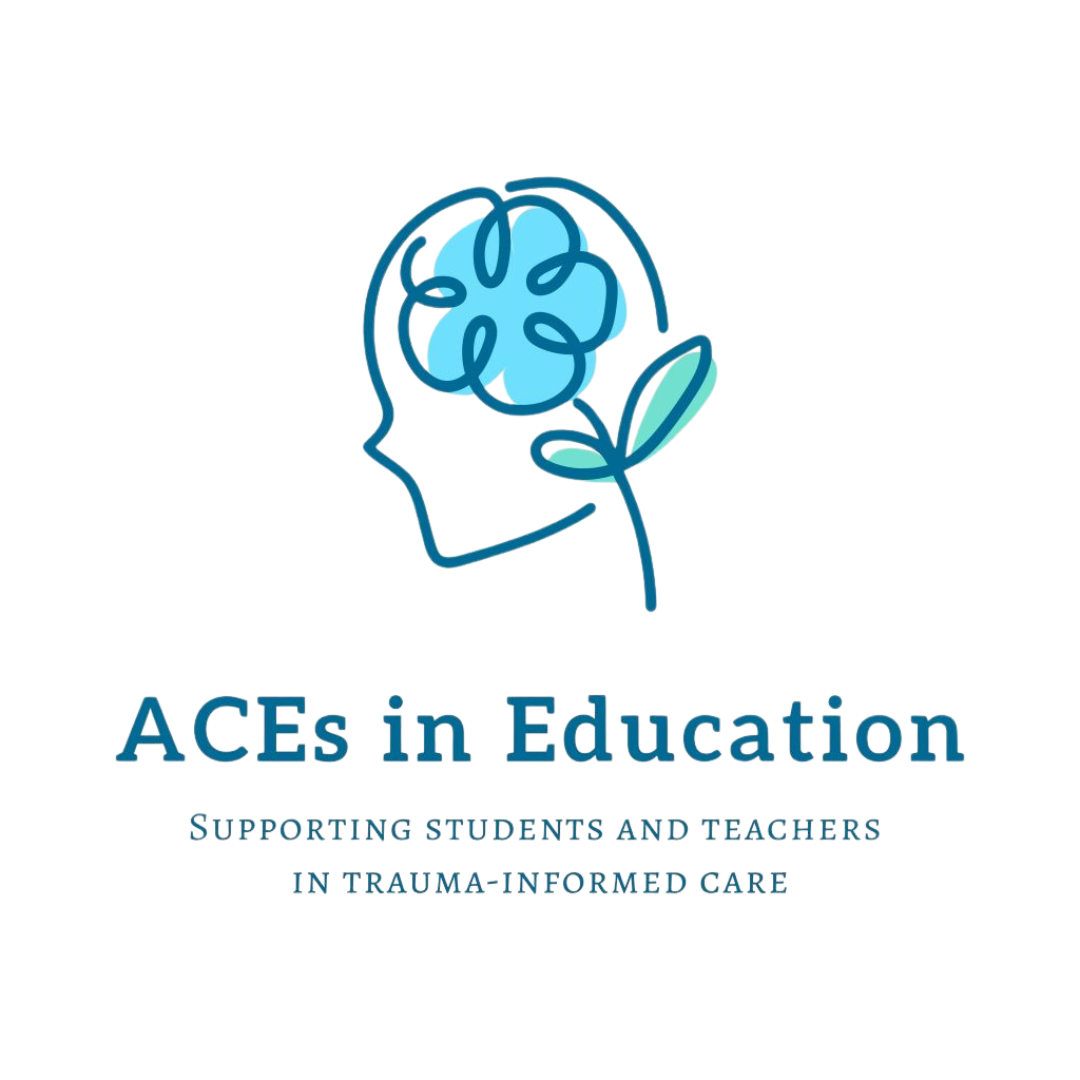
Meet Suzanne Pease
Suzanne Pease holds an M.Ed. and is a Certified Trauma Trainer. She is currently the trauma-informed specialist for An Achievable Dream Academy in Virginia.
Suzanne’s Why
Through her experience of raising three boys through their own adverse childhood experiences(ACEs), Suzanne discovered the science of trauma and toxic stress on the brain. With her educational experience and success in guiding her own children through adversity, Suzanne founded ACEs in Education to raise awareness about the science of toxic stress and its impact on children and classrooms, while also equipping educators with the tools needed for effective Trauma-Informed Care.
Get in touch with ACEs in Education
Have questions or want to explore how trauma-informed practices can support your school community? Suzanne would love to hear from you. Whether you’re an educator, administrator, or community partner, this is the place to start the conversation. Share a few details below, and we will connect with you personally to guide the next steps.

